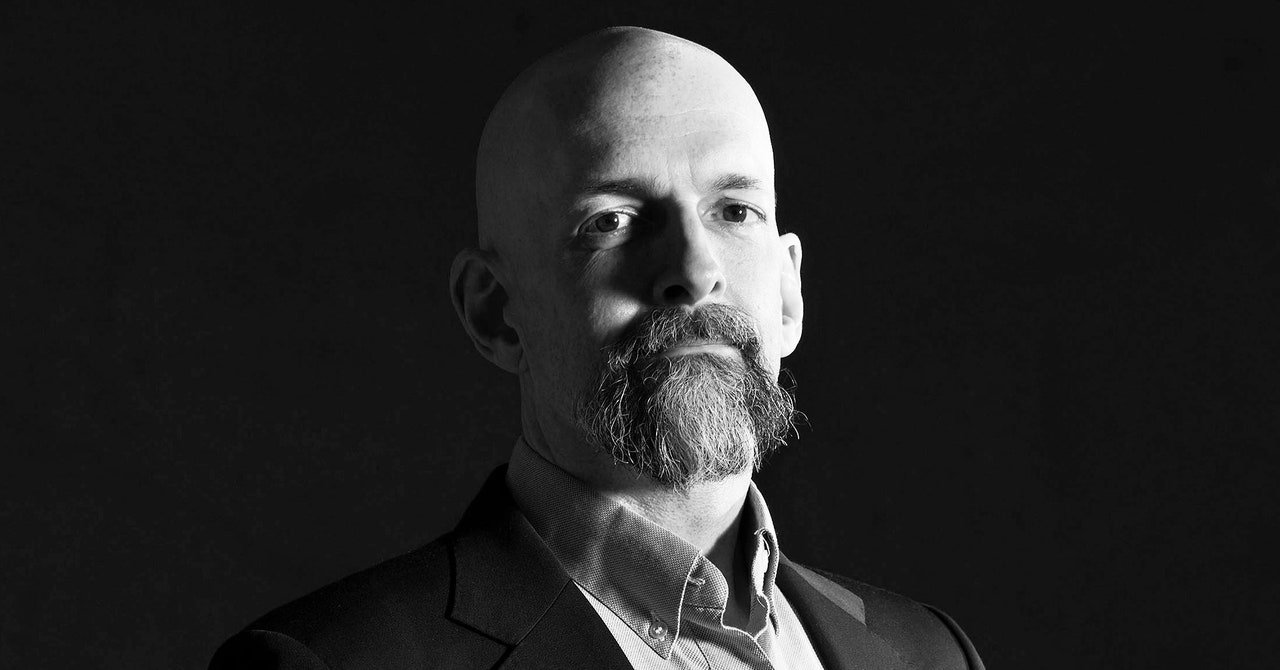Hello everyone. Elizabeth is mourned, Ukraine is fighting back and there are new Covid vaccines. But this week will be remembered for the Merge, making crypto more useful and perhaps moving it past the con-game era.
The clear view
Neal Stephenson invented the metaverse. At least from an imaginary standpoint. While other science fiction writers had similar ideas — and the pioneers of VR were already building artificial worlds — Stephenson’s 1992 novel snow crash not only fleshed out the vision of escaping to a place where the digital supplants the physical, it also gave it a name. That book established him as an important writer and he has had tremendous success ever since. But late last year, Stephenson’s ambient, persistent and compelling alt-reality suddenly became known as the next step in computer science. “Metaverse” became a buzzword and Big Tech rushed to produce it. Most notably, Facebook, which spent billions on its Reality Labs, renamed itself Meta. Everyone from Microsoft to Amazon suddenly came up with a metaverse strategy, even though the technologies that enable it are still beyond our reach.
At that time, Stephenson published his most recent novel, on climate engineering. “That became the ‘Neal, what do you think of the Metaverse?’ book a tour,” says Stephenson. Stephenson’s answers to that question were a mixture of bewilderment or, as one WIRED writer noted, disgust. To begin with, the metaverse is according to snow crash was a somewhat dystopian environment, a fact that was ignored by the companies who told us it will be a great place to live. And it wasn’t fun to see his fictional creation colonized by profit-hungry, growth-hungry goliaths.
But here’s a weird plot twist. Stephenson is now entering the market with his own take on how his fictional concept can become a real fantasy world. He teams up with a crypto man – Peter Vessenes, who heads the Bitcoin Foundation – to start Lamina1, a company that hopes to create a scaffolding on which creators can build an open metaverse.
“It’s like Neal came down from the mountains like Gandalf to restore the metaverse to an open, decentralized and creative order,” said Rony Abovitz, the former CEO of Magic Leap, who is a strategic advisor to Lamina1.
Indeed, it seems that justice is the brand for this new venture. Vessenes admits that there was initially a suspicion that Stephenson was “Kardashian-ing”, jumping on a cart he accidentally started. “That might be the first question: is Neal selling his brand to some fucking metaverse company?” says Vessenes, adding that given his own background as a Bitcoin evangelist, the second question was whether Lamina1 was a money grabber. “But when people talk to us, they conclude that this is a principled effort,” he says. “So then they ask, ‘Is this real? Are you really going to try this?’” Indeed, and investors buy in. “Reid Hoffman wanted to know if this company will work, even if VR glasses aren’t the future?” After Vessenes confirmed it would happen, Hoffman wrote a personal check.

